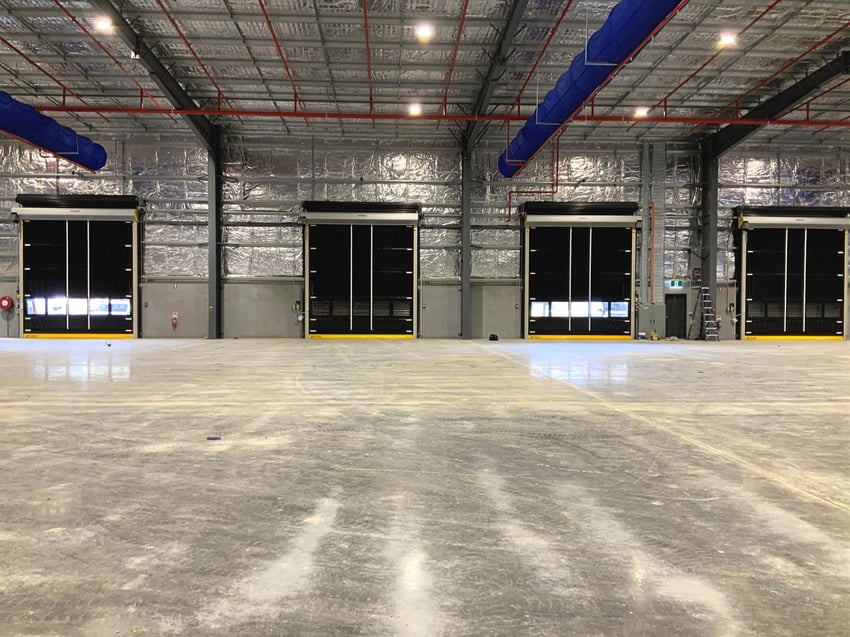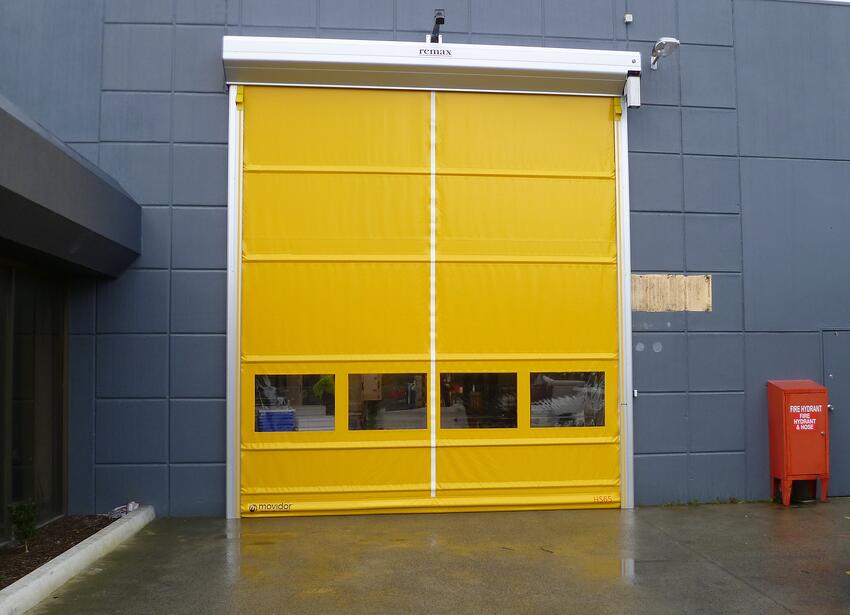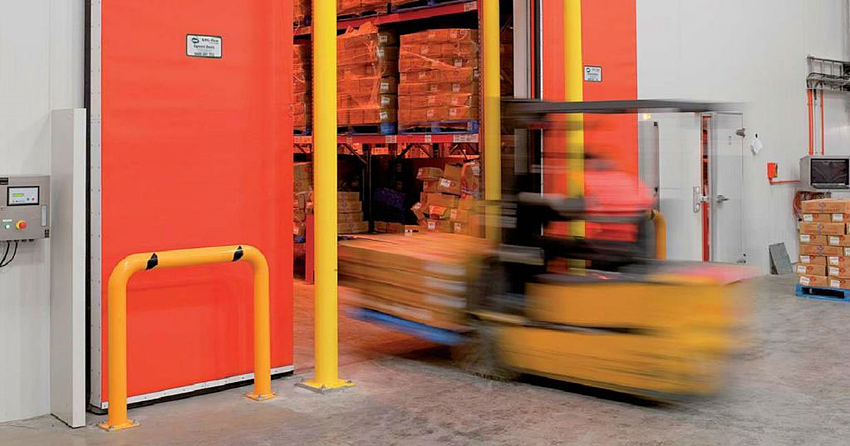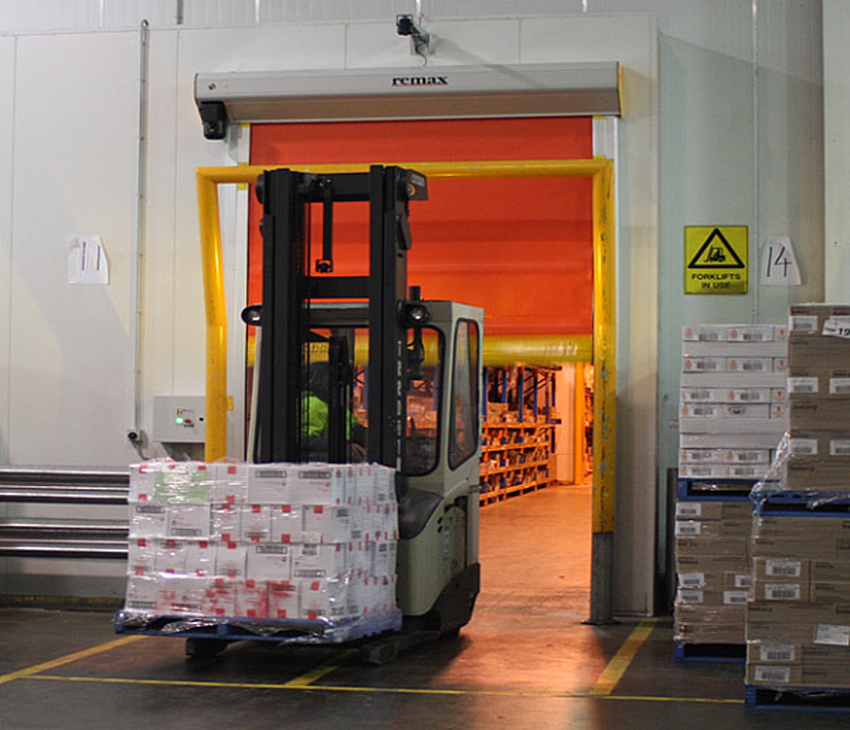Warehouse Management Blog
Rapid door improves warehouse temperature control
World-class local factory finds efficiency improved From their factory in Dandenong South, Remax client Advanced Polymer Technology (APT) have supplied artificial turf for hockey fields for the last five Olympic games. Theirs is a great Australian manufacturing success story – yet recently they had...
4 Must-haves of underground carpark or basement entry garage doors
Tips to help you select the ideal entry door The average person may not even think twice about, or have much to do with, the doors allowing them access in to their underground car parking spot. And whether the door is below their apartment or office block, that's how it should be: easy for the user.

When Do Warehouse Managers Upgrade to a High Speed Door?
3 Reasons Why a Rapid Door Could Suit your Facility Have you ever explored the option of high speed doors, but wondered whether your facility really needed them? You might have liked the idea of a super fast roller door letting your forklifts operate in turbo mode, but didn’t know if you could...

COVID-19: Measures businesses can take for The Coronavirus
If there is one word that is on everyone’s lips at the moment, its ‘Coronavirus’, or COVID-19 as known formally. In this blog, Remax shares some of the measures we are taking to help prepare and mitigate the effects of this virus on our business.

Four Ways Rapid Doors Reduce Energy Costs
We're all on the journey to save costs, particularly in the warehouse Sector And with the rise of eco-friendly and sustainable knowledge, there are more and more opportunities to save costs on energy. Reducing our energy footprint can drastically shave thousands off the electricity bill each year.

Roller Door Investment: What You Should Know
As we discussed in our blog: Warehouse Roller Doors - Long Term Cost Considerations, warehouse roller doors are a significant investment that shouldn't be taken lightly. In fact, it's quite the opposite - they can have a big impact on costs in the long run. So what are all the costs that warehouse...

Safety Features of Rapid roller doors
Four factors to consider when choosing a rapid door Since it's so closely tied to safety, choosing the right rapid roller door for your warehouse is vitally important. If every opening posed a possible threat – to the safety of your staff, equipment, or goods, then you would struggle to comply...

Five Considerations when choosing a door for your warehouse
Tips for finding the right door solution When you're choosing the right door for your warehouse, it's important to consider a range of factors, from the size of the doorway to the insulation grade of the door's materials. The Remax team have created this list of the 5 major considerations of the...

What are High Speed Doors and How they Improve Site Efficiency
How to select the ideal rapid door for your warehouse What are High Speed Rapid Roller Doors and why are they valuable for warehouses and various industries and facilities, and what characteristics you should look for when you are looking to improve site efficiency.

Rapid Roller Doors for Warehouses
Why we're the door of choice across Australia When Facility Managers and Maintenance Managers think about quality Rapid Doors, they think Remax. There are three main attributes that make Remax rapid roller doors the door of choice for warehouses across Australia: Speed Seal Resilience Australian...





